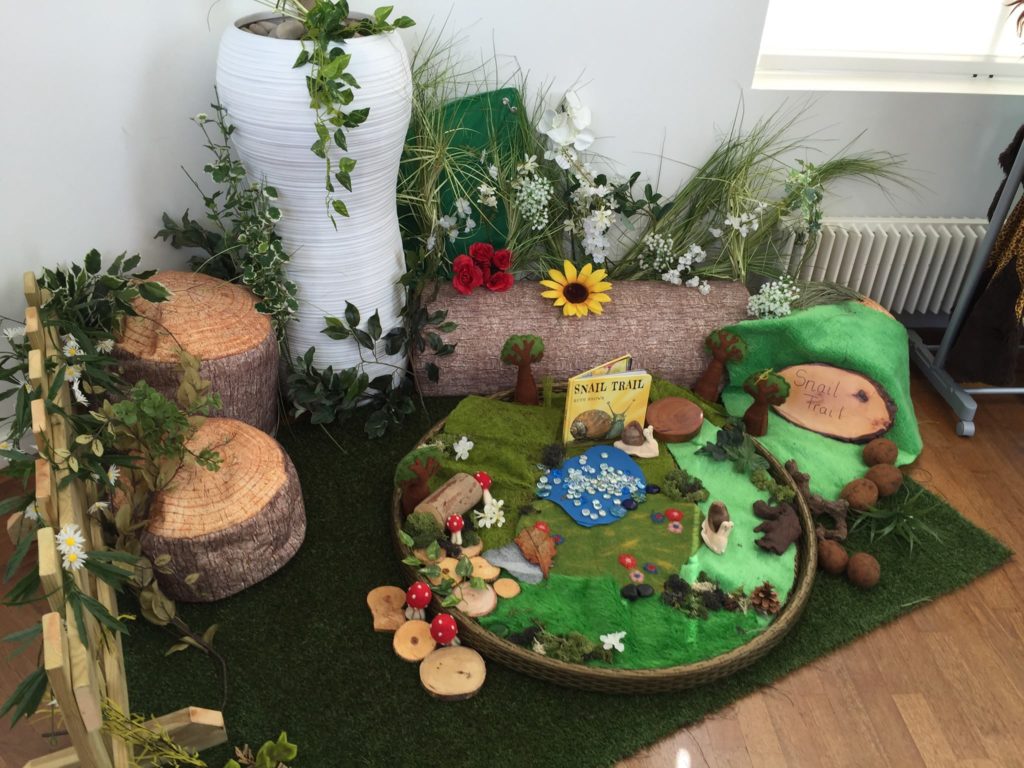Blog first published January 2017. Edited and updated January 2020.
Encouraging students to read books based on your subject area is absolutely essential. It helps them:
- Develop their wider knowledge about the subject and expand their vocabulary.
- Form a more coherent and complex view of a topic and therefore respond better to tasks and assessments set in class.
- Make links between information that they have read with what they are studying in class.
- Develop an interest and/or passion for your subject area. It may make them ask questions about a topic, discuss it in class, or maybe pursue a career in it. Students need to know that a subject exists beyond the lesson, in our everyday wider world.
How do I promote reading in my subject area?
- Create a recommended reading list of books related to your subject area. The National Literacy Trust Network offers useful book lists, including titles that complement Humanities subjects, as well as tips on selecting books. You can also search online for websites with recommended reads for children and talk to other teachers to share ideas.
- Display them! Once you have a range of books to recommend, create a display that looks exciting and interesting by using a bright background and posting up images of book covers and their summaries. You could try propping up books around the classroom in unexpected places or leaving them on the desks of more reluctant readers.
- Talk about books. When students arrive at class, talk to them about a great book that you’ve found. Plan for reading for enjoyment in lessons and build learning around it. Give pupils a chance to talk about books they’ve read or read a passage out of a book which hooks students.
- Dedicate a time, place or event to show how reading is important. You could make it particularly special by holding a lesson in the library where you or the librarian presents the books on your list to the students. Perhaps you could set them out on the table and ask students to investigate and rank which ones they think will be the best. Remember: reading is social!
- Bring reading alive! Invite an author or speaker to talk about a book or a particular topic in a book. Even if a book is fiction, the students can learn as much about the real history/non-fiction as the plot and characters. There is advice on the National Literacy Trust Network for setting up an impactful author visit and lists of authors available for school visits on the National Literacy Trust website.
For more tips, tools and resources to develop outstanding literacy provision at your school, join the National Literacy Trust Network
With thanks to the National Literacy Trust for writing this blog.




